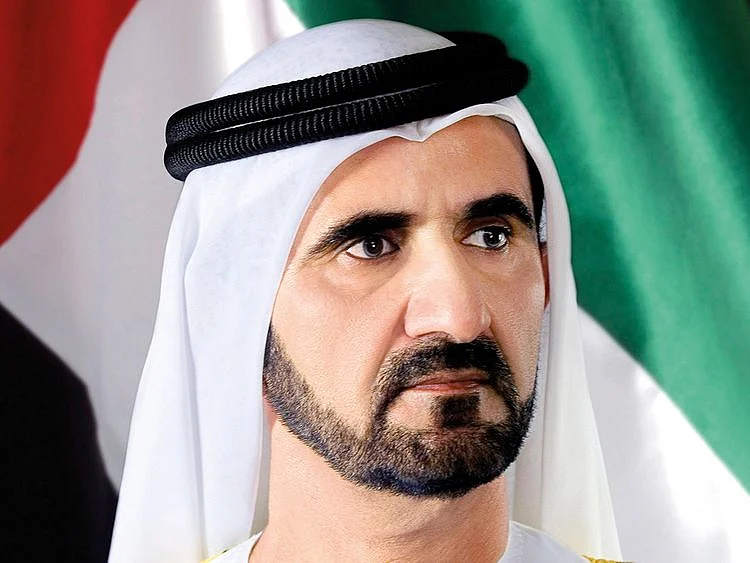Sheikh Mohammed congratulates ‘Arab Great Minds’ winner
Prof. Oussama Khatib recognised for his contributions in engineering and technology

Dubai: His Highness Sheikh Mohammed bin Rashid Al Maktoum, Vice President and Prime Minister of the UAE and Ruler of Dubai, congratulated Syrian Oussama Khatib, Professor of Computer Science and Director of the Robotics Laboratory at Stanford University, on winning the ‘Arab Great Minds’ Award in engineering and technology.
In a post shared on his X account, Sheikh Mohammed said: “Brothers and sisters, every year, we honour scientists, thinkers and innovators through the ‘Arab Great Minds’ Award. After receiving thousands of nominations, we are proud to announce this year’s winner in the Engineering and Technology category. From Syria, the land of civilisations, and from Aleppo, the city of history and science, we celebrate the brilliance of one of its sons today. Professor Oussama Khatib, Director of the Robotics Laboratory at Stanford University, has made exceptional contributions to the field of robotics engineering and science. He has published over 327 scientific papers and developed advanced robots capable of exploring the ocean depths, offering innovative solutions that serve humanity.”
Oussama Khatib received his PhD from Sup’Aero, Toulouse, France, in 1980. He is Professor of Computer Science and Director of the Robotics Laboratory at Stanford University. His research in robotics focuses on novel control architecture, algorithms, sensing and human-friendly designs for advanced capabilities in complex environments.
With an emphasis on enabling robots to interact cooperatively and safely with humans and the physical world, these studies bring understanding of human movement for therapy, athletic training and performance enhancement. This work on understanding human cognitive task representation and physical skills is enabling transfer for increased robot autonomy.
With these core capabilities, one can explore applications in healthcare and wellness, industry and service, farms and smart cities, and dangerous and unreachable settings – deep in oceans, mines and space.
He is President of the International Foundation of Robotics Research (IFRR) and a Fellow of IEEE. He is Editor of the Springer Tracts in Advanced Robotics (STAR) series, and the Springer Handbook of Robotics, and has been awarded the American Publishers Award for Excellence in Physical Sciences and Mathematics.
He is recipient of the IEEE Robotics and Automation (IEEE/RAS) Pioneering Award (for his fundamental contributions in robotics research, visionary leadership, and life-long commitment to the field), the IEEE/RAS George Saridis Leadership Award, the Distinguished Service Award, the Japan Robot Association (JARA) Award, the Rudolf Kalman Award, the IEEE Technical Field Award, and the Engelberger Award. Professor Khatib is a member of the National Academy of Engineering.
Sign up for the Daily Briefing
Get the latest news and updates straight to your inbox
Network Links
GN StoreDownload our app
© Al Nisr Publishing LLC 2026. All rights reserved.